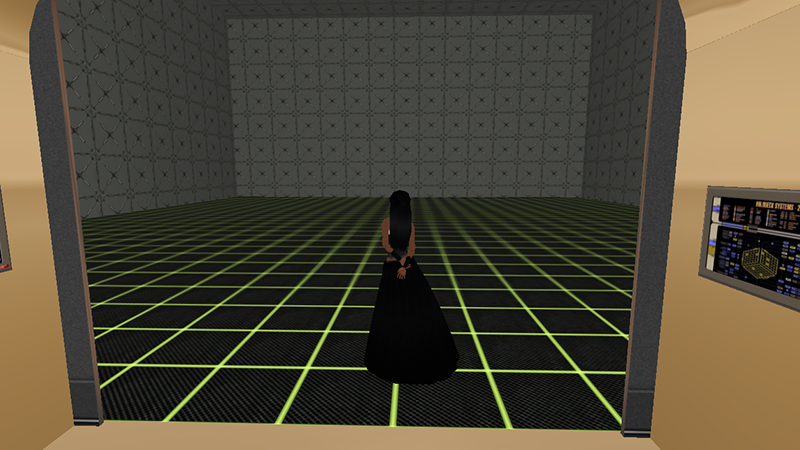The South Korean tech giant, Samsung, is now thinking about their plans for the future, more specifically that of their virtual reality department. In fact, their seeing things that are beyond the stars, well, Star Trek to be precise.
Samsung is Looking to Include the Star Trek Holodecks for Their Virtual Reality Sector
The executive vice president and head of research and development for software and services in the mobile business of Samsung Injong Rhee revealed some hints on Wednesday as to what virtual reality will look like for the company in approximately two to three years. Think Star Trek’s holodecks and no wires.
“You enter a holodeck, you’re actually in a virtual world, interacting with all the virtual objects as if you’re living there,” Rhee stated in a keynote presentation at Samsung’s developer conference in San Francisco. “That’s the kind of reality we’re trying to create on these virtual-reality headsets.”
Rhee said that the trouble with today’s virtual reality equipment is that it’s still not ready for the company’s plans. VR headsets are still too heavy and can make users dizzy. There is also the trouble of poor image quality and it still needs a lot of computing power and the headsets need to be plugged in constantly, which can restrict mobility.
Rhee stated the following: “These are the exact areas we are in fact working on and trying to improve.” The company wants to give their consumers the full holodeck experience, the ability to roam free without the need to be plugged in, and to be able to touch objects with motion tracking and gesture tracking.
“We’re working on wireless and dedicated VR devices, not necessarily working [just with] our mobile phones,” Rhee stated. “You’re going to see a lot of our products coming on the market in the next few years with these capabilities.”
The tech giant is hosting a developer conference over at the Moscone Center in downtown San Francisco, which is the same place where their competitor in tech, Apple, will hold their developer event in June.
As of late, Samsung is having difficulty in generating enthusiasm for many of its software products. They are currently leaning towards Google’s line of Android software to run the vast majority of their smartphones and tablets. The company’s own Tizen operating system is currently struggling to gain a good grip on the business sector. They even scrapped many of their services that they have created, such as their very own Media Hub and Milk Video.
